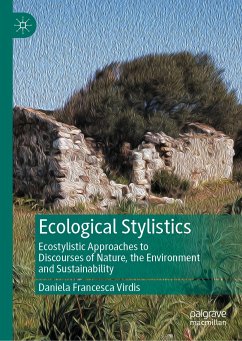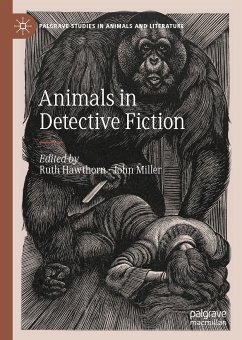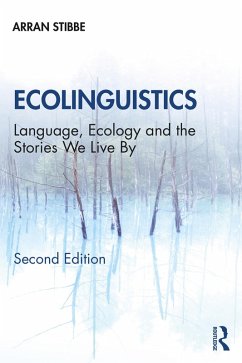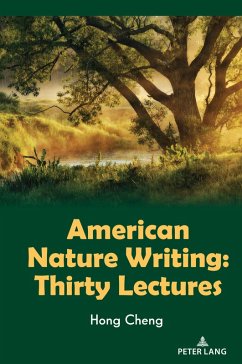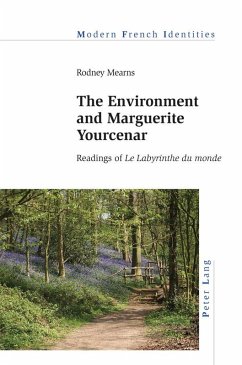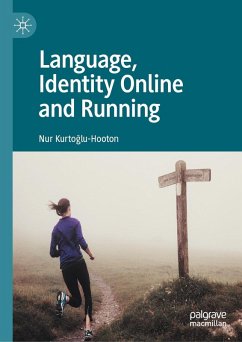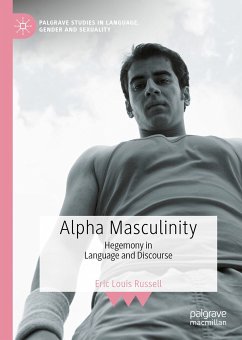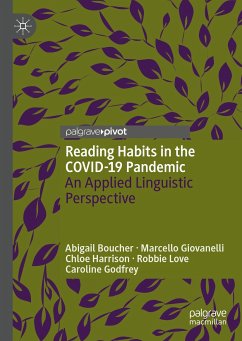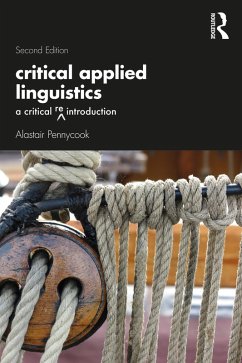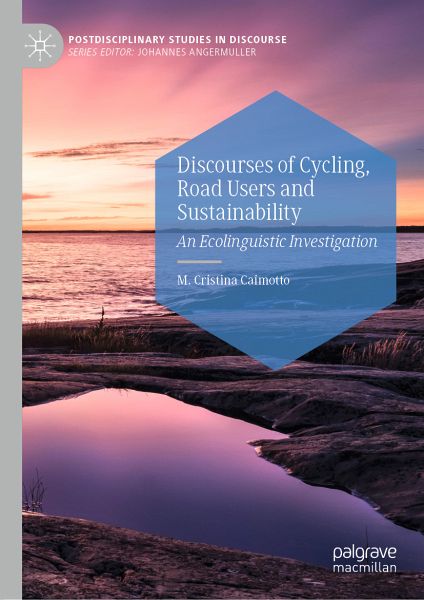
Discourses of Cycling, Road Users and Sustainability (eBook, PDF)
An Ecolinguistic Investigation
Versandkostenfrei!
Sofort per Download lieferbar
56,95 €
inkl. MwSt.
Weitere Ausgaben:

PAYBACK Punkte
28 °P sammeln!
This book employs a Critical Discourse Studies (CDS) framework to examine cycling mobility, marking a new turn in ecolinguistic discourse analysis. The author focuses specifically on environment-related arguments concerning the promotion of higher levels of cycling, mainly as a means of transport, and investigates the "US vs. "THEM" narratives present in many discourses about road users. Analysing newspaper articles, institutional documents and spoken interviews, the author searches for a positive new discourse that would inspire and encourage cycling as a habitual means of transport, rather t...
This book employs a Critical Discourse Studies (CDS) framework to examine cycling mobility, marking a new turn in ecolinguistic discourse analysis. The author focuses specifically on environment-related arguments concerning the promotion of higher levels of cycling, mainly as a means of transport, and investigates the "US vs. "THEM" narratives present in many discourses about road users. Analysing newspaper articles, institutional documents and spoken interviews, the author searches for a positive new discourse that would inspire and encourage cycling as a habitual means of transport, rather than simply exposing ecologically destructive discourse. The book will be of interest to scholars of discourse and ecolinguistics, as well as contributing to the lively debate about how to increase cycling in fields such as sustainability, sociology, transport planning and management.
Dieser Download kann aus rechtlichen Gründen nur mit Rechnungsadresse in A, B, BG, CY, CZ, D, DK, EW, E, FIN, F, GR, HR, H, IRL, I, LT, L, LR, M, NL, PL, P, R, S, SLO, SK ausgeliefert werden.



